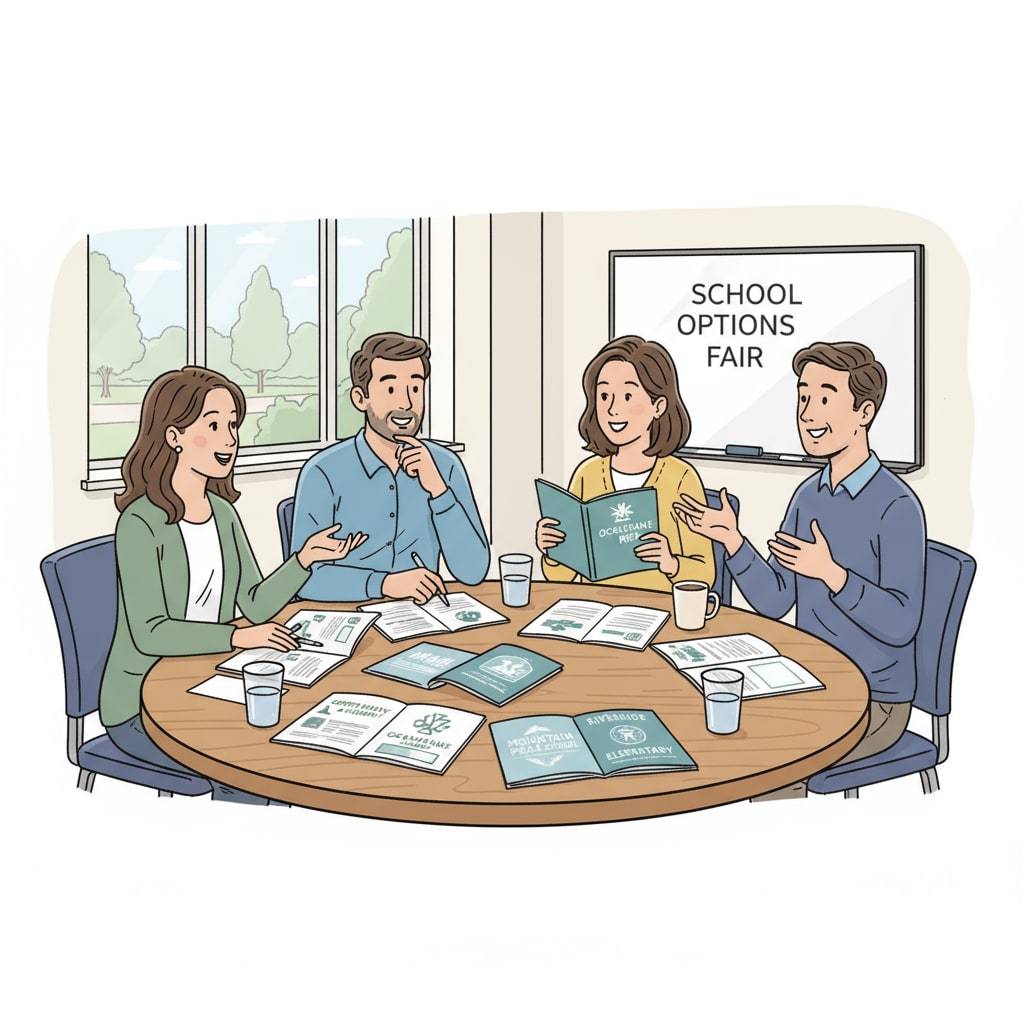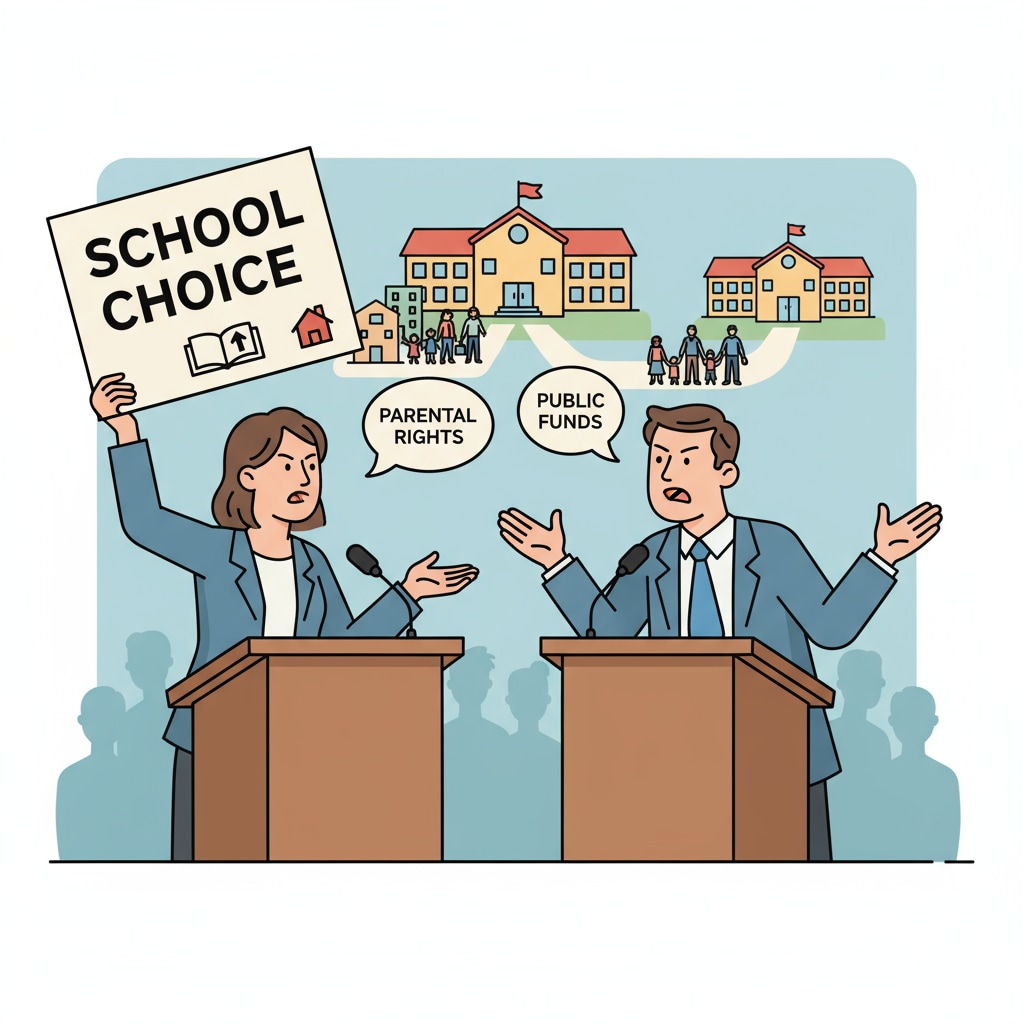The school choice, political controversy, and education policy in the United States have been at the forefront of a heated national discussion. School choice policy, which aims to provide parents with more options in choosing schools for their children, has unfortunately become a source of deep political division. This article will analyze the core of this policy, the various positions held by different parties, and the underlying value conflicts.

The Core of School Choice Policy
The school choice policy encompasses several forms, such as charter schools, vouchers, and magnet schools. Charter schools are publicly funded but operate independently, with more flexibility in curriculum and management. Vouchers allow parents to use public funds to send their children to private schools. Magnet schools, on the other hand, attract students by offering specialized programs. For example, a magnet school might focus on science, technology, engineering, and mathematics (STEM). According to School choice in the United States on Wikipedia, these initiatives are designed to give families more power in educational decision-making.
The Dividing Lines in Politics
Politically, the school choice policy has split the nation. One camp believes that it promotes competition among schools, leading to improved educational quality. They argue that increased choice forces schools to up their game to attract students. However, the opposing side fears that it could undermine the public school system. They worry that resources will be siphoned away from traditional public schools, leaving them underfunded and struggling. As Education in the United States on Britannica states, this political divide has made it difficult to reach a consensus on implementing school choice policies.

The value conflicts underlying this controversy are significant. Those in favor of school choice often emphasize individual freedom and parental rights. They believe parents should have the ultimate say in their children’s education. Conversely, opponents value the concept of a universal, equitable public education system. They think that all children, regardless of their background, should have access to the same quality of education. This clash of values has only deepened the political rift.
In conclusion, the school choice policy in the US remains a highly divisive issue in the realm of education policy. While it holds the promise of providing more educational opportunities, it also poses challenges to the existing public school system. Resolving this controversy will require finding a balance that respects different values and promotes the overall well-being of students.
Readability guidance: The article uses short paragraphs to present clear ideas. Each section provides key points in a straightforward manner. The passive语态 is kept to a minimum, and transition words like “however” and “conversely” are used to connect ideas smoothly.


